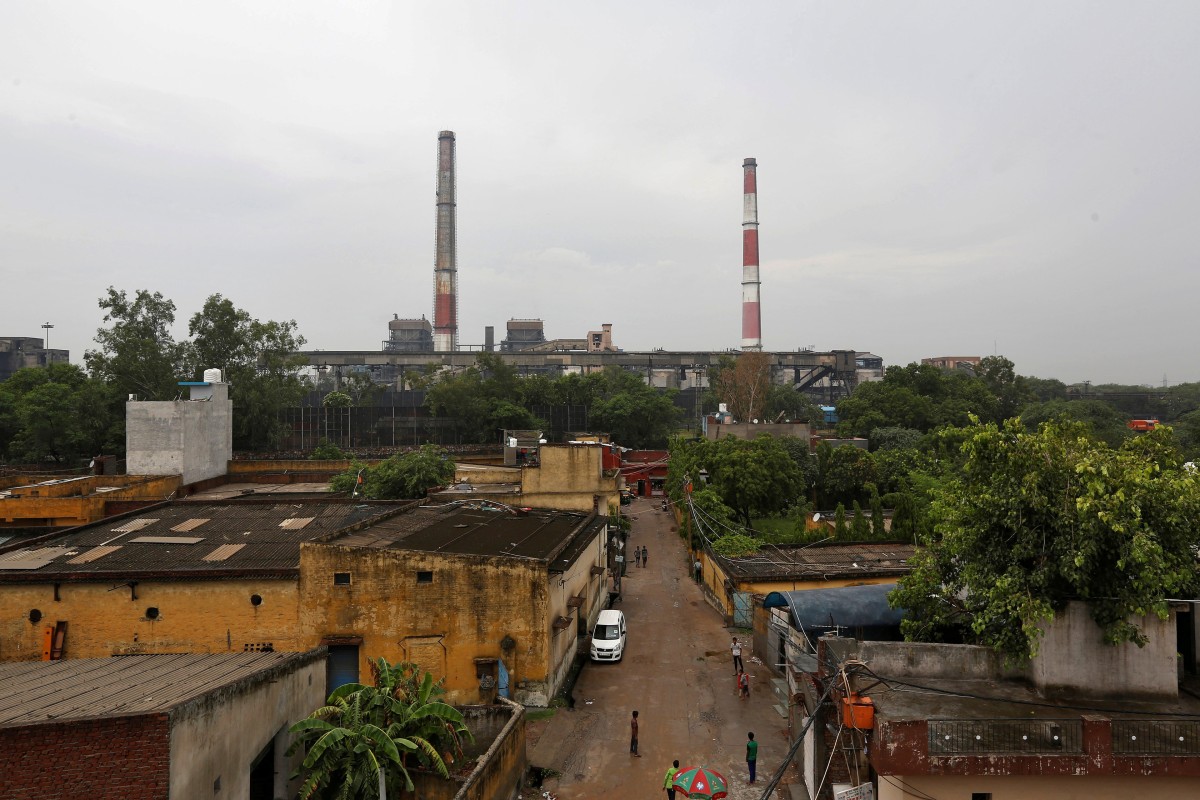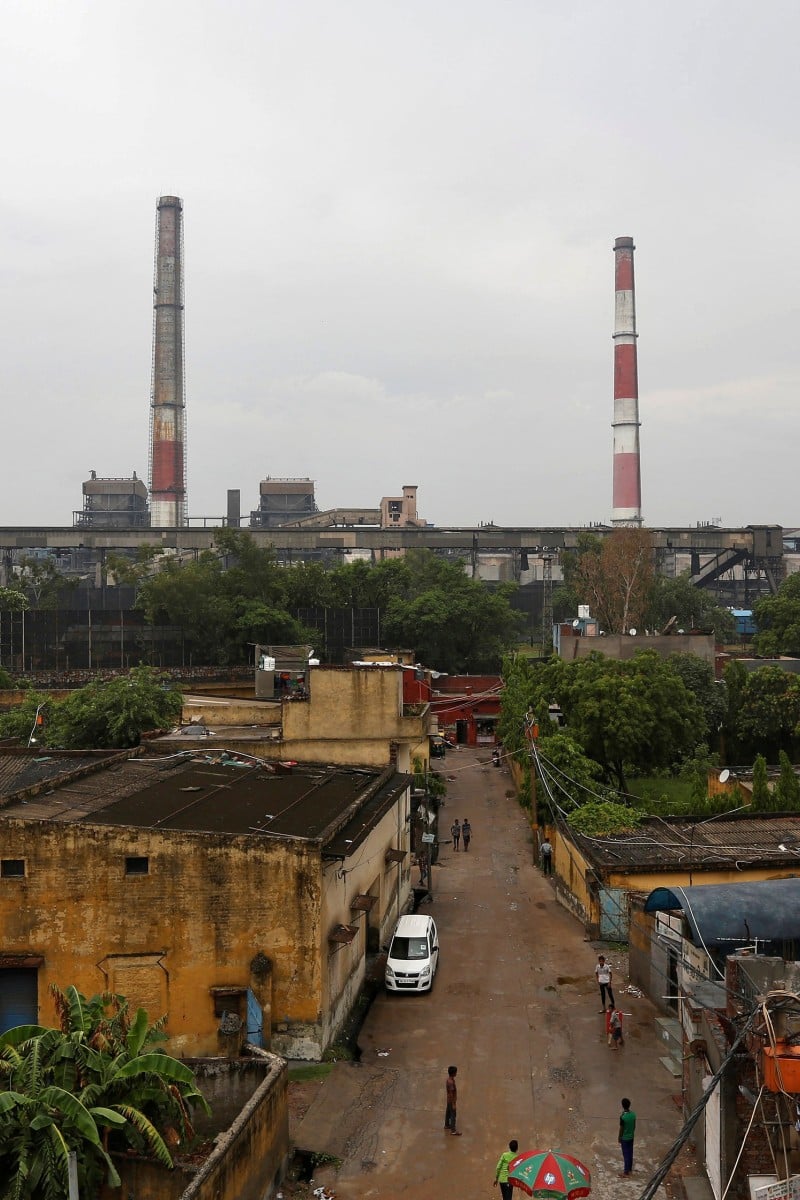 Environmental protection is often less of a priority in developing countries such as India or China.
Environmental protection is often less of a priority in developing countries such as India or China.When it comes to fighting injustice, people tend to champion different causes, depending on what they are passionate about. Some activists focus on racial inequality, while others, the environment.
But these boundaries are never rigid. Many of the issues our world faces today are interrelated. “Environmental racism” is one issue which race activists and environmentalists and are working together to tackle.
Black communities, especially in the US, are among the biggest victims of environmental discrimination. They face much higher health risks as a result of pollution and contamination than other groups. One reason for this is that historically, black Americans have been confined to neighbourhoods which are built near industrial factories and plants. Racialised laws and development schemes serve to geographically segregate minority groups from wealthy, “clean” areas.
Environmental racism also takes place on a global scale. Many technological innovations take place in the global North, while production and manufacturing processes take place in the global South. Therefore, a disproportionate amount of pollution in the South comes from foreign, rather than domestic, industries.
In Europe, the practice of “exporting” toxic waste from the global North to the global South is an ongoing issue. One of the largest scandals occurred in 2016, when environmental and race activists in the Netherlands exposed the immoral exporting of “dirty diesel” – colossal amounts of deadly chemicals and hazardous fuels – from Amsterdam and Rotterdam to West African countries, where pollution regulations are comparatively weak.
Similarly, the Chinese city of Guiyu has become one of the world’s largest electronic waste sites, with much of that waste coming from the United States. Recent reports indicate that almost 80 per cent of children in the region suffer from lead poisoning, while the air and land pollution has stripped farmers of their livelihood.
From electric cars to metal straws: how environmentally friendly are these 'green' products?
In the past decade, Beijing has made new and progressive promises regarding environmental protection. In the future, I hope to see the introduction of even tougher environmental policies, and perhaps, the addressing of environmental racism on both a global and national scale.
The increased awareness of how race and politics influence environmental policies is a positive sign of change. I have personally become more engaged with issues that I had previously been less informed about (such as environmentalism) because of the way they intersect with issues I already care about, such as race.
If all those fighting on different fronts can support and educate one another, we can create a world that is more understanding and more aware.

